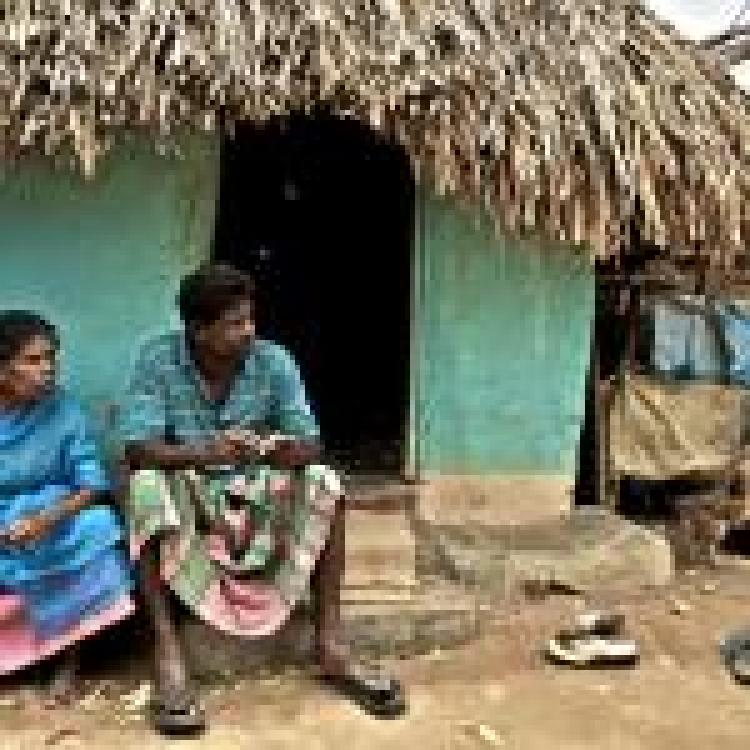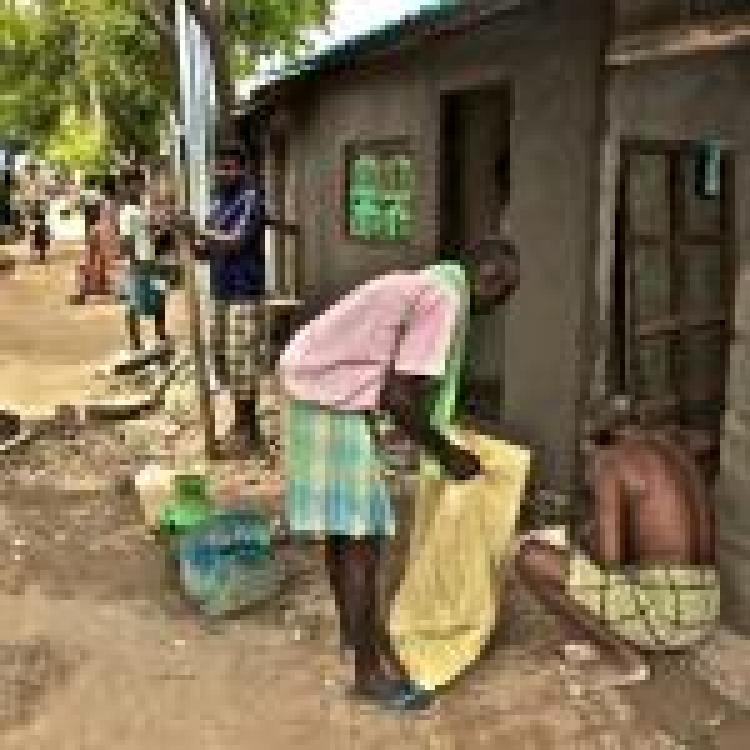.jpg)
The Indian government has released its latest records documenting more than 90,000 Eelam Tamil refuges who are currently in India, following data collected by the Commissionerate of Rehabilitation and Welfare of Non-residents Tamils in Tamil Nadu.
Nityanand Rai, the minister of state for Home affairs detailed that there are currently 58,843 Eelam Tamil refuges incarcerated in 108 state run camps across Tamil Nadu. A further 34,135 Eelam Tamil refugees are staying as “non-camp” refugees in Tamil Nadu where they are required to report to the police on a regular basis and 54 Eelam Tamil refugees are staying in a refugee camp at Malkangiri, Odisha.
![]() File photograph: Eelam refugees in Tamil Nadu, 2012. Courtesy EC/ECHO Arjun Claire
File photograph: Eelam refugees in Tamil Nadu, 2012. Courtesy EC/ECHO Arjun Claire
Tens of thousands in camps across Tamil Nadu have felt the brunt of the coronavirus pandemic and the lockdown that followed. Many have lost their means to earn a daily wage and the cramped conditions across the camps increases the risk of virus transmission.
Many refugees from Eelam fled Sri Lankan state oppression and have been living in Tamil Nadu for about three decades. Despite this the Indian government refuses to grant them citizenship.
Following the controversial Citizen amendment act passed in 2019, Eelam Tamils were excluded from the amendment, thus keeping them in a state of limbo.
Speaking to HuffPost India twenty-eight-old T. Yanadhan, who was born in Tamil Nadu after his parents fled from Sri Lankan oppression, requested a mercy killing from Indian authorities, stating that he was better off dead than living stateless.
K.Makkikkavasagam (name changed on request), an inmate of Madapam camp near Rameswaram, Told Huffpost India,
“In the camps, we live in the shadow of fear and insecurity. We are not allowed to move around in town. There are restrictions on talking to the media. All our basic rights have been curtailed. Three or four decades in a camp means you are incapable of doing anything worthwhile in life. We are always discriminated.”
Read more at Newsonair and See more from HuffPost India, including interviews with other Eelam Tamil refugees in camps across Tamil Nadu, here.


